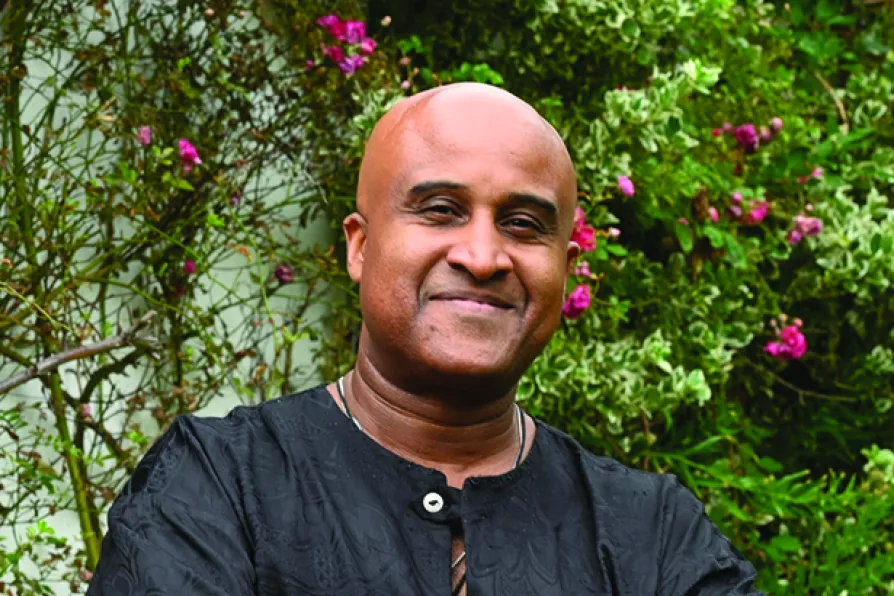Holding office in local government is a poisoned chalice for a party that bases its electoral appeal around issues where it has no power whatsoever, argues NICK WRIGHT

 Roger McKenzie is a candidate for general secretary of Unison
Roger McKenzie is a candidate for general secretary of Unison
To say that trade unions have an important role in combatting racism in society and in the workplace is something of an understatement.
What is really important is that the anti-racism work of trade unions shouldn’t be based on it being the latest fashion or simply thinking that you might look bad if you don’t do anything. Trade unions must be solidly committed to anti-racism for the long term.
Trade unions have come a long way from the early 1960s when the TUC passed a resolution protesting immigration while at the same time being content to accept the membership subs of Black workers.
A long way from the days in the 1970s of the Imperial Typewriters dispute, where some trade unionists collaborated with both the far right and the employer or even the much fabled Grunwick dispute where, in the end, strikers held a hunger strike on the steps of Congress House after being abandoned by trade unions.
Also a long way from trade unionists marching in support of the racist Enoch Powell.
Trade unions have raised their game considerably in the fight against racism and fascism but I’m sure that none would say that there isn’t a long way to go both in terms of their bargaining agenda and within their own structures.
Many years ago when I worked for the TUC, I was the secretary to the Stephen Lawrence Task Force. The task force helped to bring about a rule change at the TUC to make it a condition of membership for unions to demonstrate a commitment to all areas of equality.
Unions would be required to complete an equality audit every two years to show their progress in all aspects of their work.
This process does expose trade union work on equality to a wider gaze but I can’t help thinking that we need to reinvigorate the process to force the pace of change because we know from Black workers that things are not changing fast enough in workplaces where racism is still too much a fact of life.
I have always believed that the main catalyst for trade unions to combat racism is the strength of Black self-organisation within our movement.
I think that if we are to provide more momentum for trade unions to create a truly anti-racist movement then Black self-organisation will once again be the key. To be clear: I’m not talking about race equality or race relations committees within unions, which have important roles to play, I’m talking about black self-organised structures within, across and outside of the official structures of the trade union movement.
The work that can and should be carried out within the main structures of unions is vital. That is one of the ways that there can be a direct impact on union bargaining strategies as well as altering the still extremely white leadership of trade unions.
Although some progress has been made the fact remains that Black leadership of trade unions, whether at general secretary or assistant general secretary level is a very rare thing indeed. There have only ever been three Black leaders of TUC-affiliated unions in this country, with Patrick Roach of NASUWT being the only current one.
Black trade union leadership is important but Black trade union activism across the movement is even more so.
A socialist Black voice within and across trade unions will be decisive in the development of a radical Black agenda for unions to adopt as part of their anti-racist strategies. It will also keep unions on their toes to ensure that anti-racism does not become a seasonal affair rather than a movement.
A lot has been said about hoping that Black Lives Matter becomes a movement rather than a moment. That’s all well and good but fails to recognise that Black workers have been calling for racial justice for many a long year and this didn’t just start with the murders of George Floyd, Breonna Taylor or the lynching of Ahmaud Abery.
Neither is it a phenomenon restricted to the US. Black workers in Britain have long protested and organised for race equality on these shores. We don’t expect British unions to win the fight for equality for us. However, we do expect them to listen to our voices, don’t make excuses, include us and to stand up and organise alongside us.
Roger McKenzie is a candidate to be the next general secretary of Unison.

Over 30 nations to gather in Colombia to bring a halt to the genocide in Gaza

















